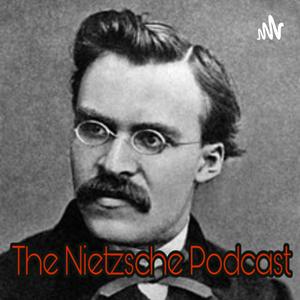In the second part of this series, we'll examine how it is that Goethe came to his conception of the Daemonic, involved as it is with Spinoza's pantheism. Goethe's introduction to Spinoza was largely through Herder, and his friendship with Herder he described as one of the most important in his entire life. We'll consider Herder's personality and some of the most important aspects of Herder's worldview, as well as the use of the term "daemonic" as Herder received it from his mentor, the "Magus of the North", Hamann. In the latter half of the episode, we'll look at the specifics of how Goethe describes the Daemonic in Dichtung und Wahrheit and in Conversations with Goethe, in which he describes it as a force that pushes against all limits and manifests in prodigious human beings. We'll relate the idea to Werther, Faust, and consider some of Goethe's real-world examples of it.


